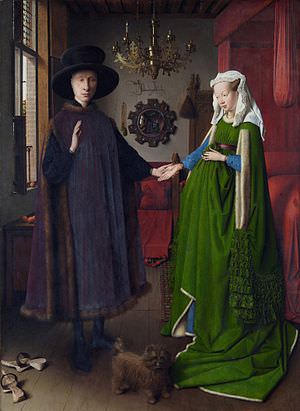“Full Faith and Credit” in Merrie Olde England: New Insights for Marriage Conflicts Law from the Thirteenth Century
David E. Engdahl (Valparaiso University)
Valparaiso University Law Review, 5, 1 (1970)
Abstract
“Marriage has a legal ubiquity of obligation.”‘ This traditional and fundamental premise is considered so beyond dispute that it is seldom even expressed. The new Restatement of Conflicts, for example, nowhere explicitly articulates this premise; yet, its whole treatment of marriage and judgments pertaining there to’ assumes it. The notion of the “universality” of marriage, the view that marriage is everywhere (at least in Christendom) the same despite variations between local laws, is the foundation of traditional marriage conflicts law. It is because this premise is first assumed that the problem of recognition of foreign marriages involves the questions of choice of law, and that the full faith and credit problem concerning judgments affecting marriage reduces primarily to a test of the rendering courts’ jurisdiction.
Other articles have demonstrated when and how this principle of universality intruded upon the English law and what the implications of its demise might be for choice of law regarding marriage.’ In a typical case, a right might be claimed which is predicated upon “marriage.” A woman might make a claim to the benefits provided a widow under a workmen’s compensation act or a servicemen’s insurance law. The normal tendency of the courts has been to determine all such rights by deter- mining whether the claimant was validly married. Presumptions, doctrines of estoppel or other exceptions may sometimes operate, but the basic proposition is that whenever a law speaks of “marriage,” “wife,” or “widow,” etc., it contemplates the marriage law of the state or, in a conflicts situation, of some other appropriate place.
“Full Faith and Credit” in Merrie Olde England: New Insights for Marriage Conflicts Law from the Thirteenth Century
David E. Engdahl (Valparaiso University)
Valparaiso University Law Review, 5, 1 (1970)
Abstract
“Marriage has a legal ubiquity of obligation.”‘ This traditional and fundamental premise is considered so beyond dispute that it is seldom even expressed. The new Restatement of Conflicts, for example, nowhere explicitly articulates this premise; yet, its whole treatment of marriage and judgments pertaining there to’ assumes it. The notion of the “universality” of marriage, the view that marriage is everywhere (at least in Christendom) the same despite variations between local laws, is the foundation of traditional marriage conflicts law. It is because this premise is first assumed that the problem of recognition of foreign marriages involves the questions of choice of law, and that the full faith and credit problem concerning judgments affecting marriage reduces primarily to a test of the rendering courts’ jurisdiction.
Other articles have demonstrated when and how this principle of universality intruded upon the English law and what the implications of its demise might be for choice of law regarding marriage.’ In a typical case, a right might be claimed which is predicated upon “marriage.” A woman might make a claim to the benefits provided a widow under a workmen’s compensation act or a servicemen’s insurance law. The normal tendency of the courts has been to determine all such rights by deter- mining whether the claimant was validly married. Presumptions, doctrines of estoppel or other exceptions may sometimes operate, but the basic proposition is that whenever a law speaks of “marriage,” “wife,” or “widow,” etc., it contemplates the marriage law of the state or, in a conflicts situation, of some other appropriate place.
Click here to read this article from Valparaiso University Law Review
Subscribe to Medievalverse
Related Posts